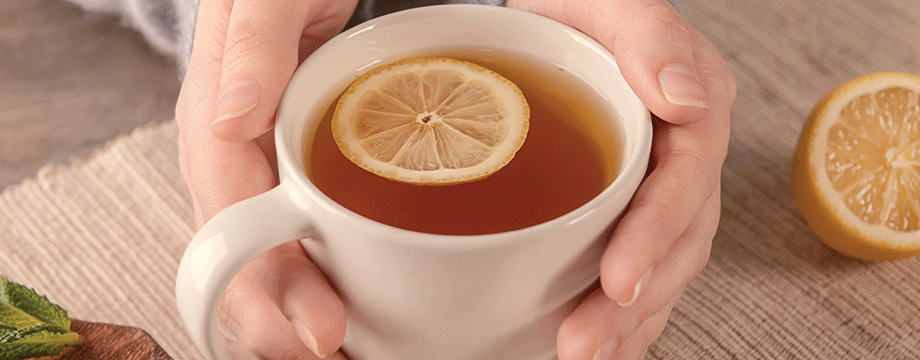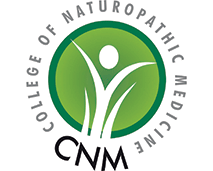
What can I do to support my winter health?
Naturopath Elle Fox answers for CNM (College of Naturopathic Medicine)
Winter can be a challenging time for most people. Less sunlight, falling temperatures, central heating, coughs and colds - all contribute to us all feeling a little SAD, but there are many foods in our kitchen cupboards and in nature to help keep us in better shape.

Bone or fish broths, rich in fats and oils help top up vitamin D levels – valuable support for low moods. Chuck in carrots, onions and raw garlic and you have a powerhouse of nutrients.
Ginger, chilli, cinnamon and cloves are all warming spices supporting circulation, improving resilience to colds, bacteria and viruses, and delighting with their uplifting fragrance. They can be taken as teas (a mugful of hot water with ginger, raw honey, a squeeze of fresh lemon and a cinnamon stick makes a delicious, circulation- and immune-boosting drink); sprinkled in smoothies, soups and stews (a fortifying chilli dish is a fabulous toe-curling warmer for those cold feet); freshen the air (cloves poked into a whole orange and hung from the mantelpiece make a fragrant, air-clearing decoration) and so much more.
What our grandmothers knew about elderberry is only now being re-discovered by ‘science’. As a home-made syrup remedy to treat coughs, colds and fevers, it appears to ‘inactivate’ any given flu and virus strain. If taken at the first signs of coming down with a cold, complications like flu, bronchitis or pneumonia are less likely to develop. It can be taken weekly as a tonic in the winter; daily during a cold. Find a wild-crafted variety or better still, make your own. Always remember that harvesting wild berries needs to be mindful as birds and animals rely on these to survive during the winter.
Nettle is my all-time favourite winter detox. We need it because we move less, sweat less and tend to eat more stodge. Nettles, high in antioxidants, potassium and silica, mop up free radicals and encourage healthy urination. I usually pick and dry my own but, if you can’t, go for organic or unsprayed herb and use it as powder in smoothies or as a herbal infusion. If winter seems to be a problem, consult a naturopath or herbalist for individualised advice.
Read more news stories from Rude Health Magazine here